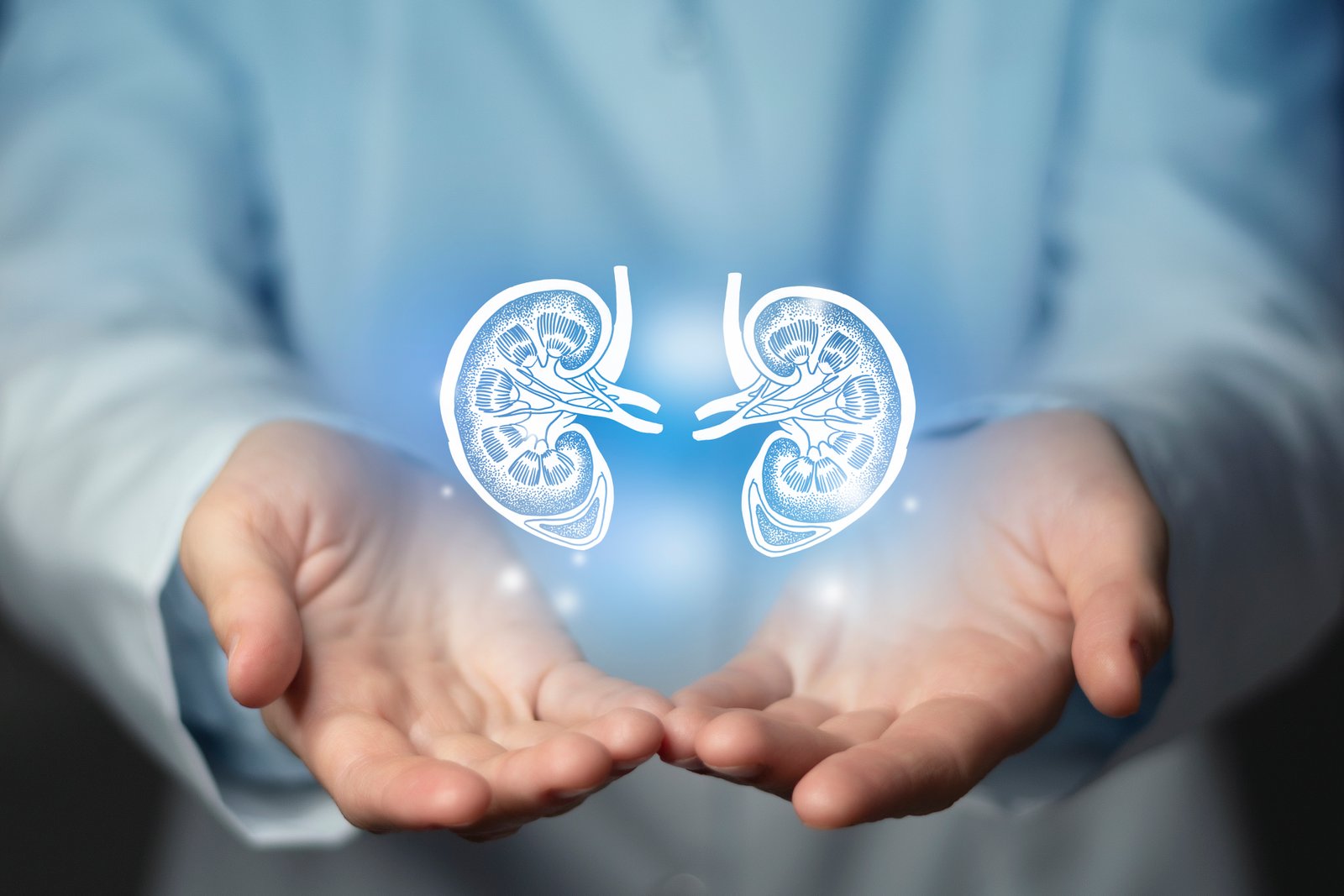Treatments
Kidney Transplantation
Kidney transplantation is a life-saving surgical procedure that involves replacing a diseased kidney with a healthy one from a donor. It is the treatment of choice for many patients with end-stage renal disease (ESRD), offering them a chance at a better quality of life compared to long-term dialysis. Why is Kidney Transplantation Needed? The kidneys are vital organs responsible for filtering waste products, excess fluids, and electrolytes from the blood. When they fail, harmful waste accumulates, leading to a host of complications. ESRD can result from various conditions, including chronic kidney disease, hypertension, and diabetes. Types of Kidney Transplants 1. Deceased Donor Transplant: The new kidney comes from someone who has died but had previously consented to organ donation. The Transplant Process 1. Evaluation: Before receiving a transplant, patients undergo a thorough medical evaluation to determine their suitability. Benefits of Kidney Transplantation - Improved quality of life: Many recipients lead a relatively normal life post-transplant. Kidney transplantation offers hope to those with ESRD, providing them with an opportunity for a longer, healthier life. While the procedure comes with its challenges, advancements in medical science continue to improve outcomes and the quality of life for recipients. As with all medical decisions, it's essential for patients to discuss the risks and benefits with their healthcare provider.
2. Living Donor Transplant: A living person donates one of their kidneys. This can be a family member, friend, or even a stranger. Living donor transplants often have better outcomes because the kidney is typically healthier and the transplant can be scheduled at an optimal time.
2. Waiting List: If approved, patients are placed on a waiting list for a deceased donor kidney. The wait can vary from months to years.
3. Surgery: Once a kidney is available, the recipient undergoes surgery. The diseased kidneys are usually left in place unless they pose a health risk. The new kidney is connected to the recipient's blood vessels and ureter.
4. Recovery: Post-surgery, patients are closely monitored. They will need to take immunosuppressive drugs to prevent their body from rejecting the new kidney.
- Longer life expectancy: compared to long-term dialysis.
- Freedom from dialysis: No more regular trips to a dialysis center.

 Türkçe
Türkçe Русский
Русский Кыргызча
Кыргызча Arabian
Arabian Français
Français Deutsch
Deutsch Español
Español



